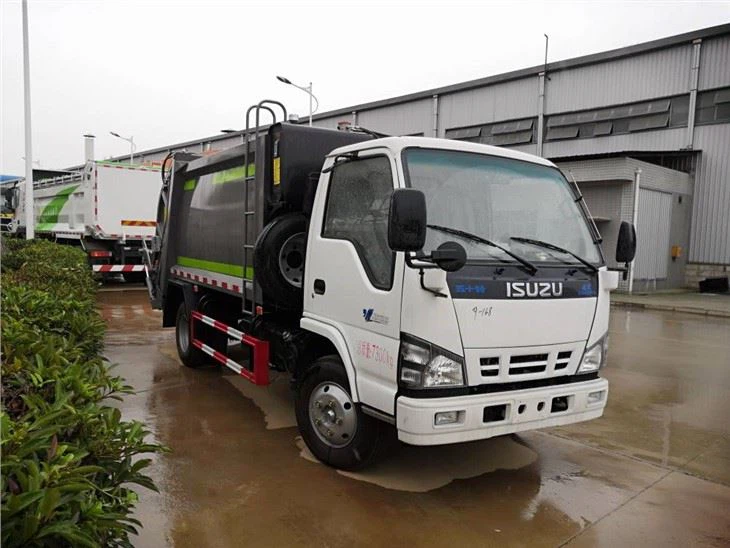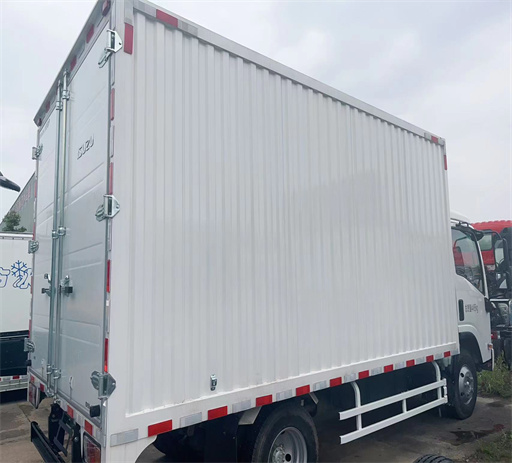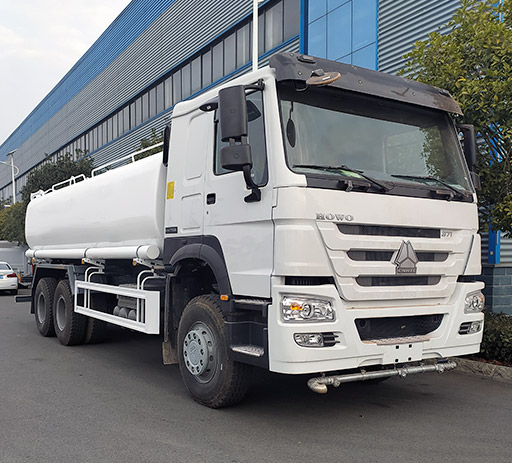Ultimate Guide to Diesel Trailer Tanks: Everything You Need to Know

Diesel trailer tanks are essential for those who need to transport diesel fuel for various applications. These tanks can be used in agriculture, construction, transportation, and emergency services. In this article, we’ll explore everything you need to know about diesel trailer tanks, including their types, features, selection, maintenance, and more.
Understanding Diesel Trailer Tanks
Diesel trailer tanks are portable tanks designed specifically for transporting and dispensing diesel fuel. They come in various sizes and shapes, tailored to different needs. Using these tanks not only provides convenience but also enhances safety and compliance with regulations.
Types of Diesel Trailer Tanks
There are several types of diesel trailer tanks, each catering to specific needs. Understanding these varieties can help you select the right tank for your requirements.
1. Bulk Diesel Tanks
Bulk diesel tanks are large capacity tanks that can hold thousands of gallons. They are commonly used by businesses that require a constant supply of diesel fuel.
2. Portable Fuel Tanks
Portable fuel tanks are smaller and designed for easy transportation. They can typically hold between 50 to 500 gallons and are ideal for smaller projects or for power equipment.
3. Double-Walled Tanks
Double-walled tanks provide an extra layer of protection against leakage. The outer wall contains any spills, ensuring environmental safety, and they are often used in sensitive areas.
4. Gravity Feed Tanks
Gravity feed tanks depend on gravity to dispense fuel. They are simple and cost-effective, making them suitable for low-volume requirements.
5. Pumped Fuel Tanks
Pumped fuel tanks use a pump to dispense diesel fuel, allowing for faster refueling. They are ideal for higher volume needs and more extensive operations.
Key Features of Diesel Trailer Tanks
When selecting a diesel trailer tank, it’s important to consider the key features that can influence your decision.
1. Material
Diesel trailer tanks are primarily made of steel or polyethylene. Steel tanks are more durable and resistant to environmental factors, while polyethylene tanks are lighter and resistant to corrosion.
2. Size and Capacity
Choose a tank size that meets your fuel requirements. Smaller tanks are suitable for personal use, while larger tanks cater to commercial operations.
3. Emission Control
Many modern diesel trailer tanks come with built-in emission control technologies that comply with environmental regulations. This feature is essential to reduce your carbon footprint and adhere to legal standards.

4. Portability and Design
Look for tanks that are easy to transport, with features such as integrated towability, lift points, and compatible trailer hitches. A well-designed tank ensures convenient use in various terrains.
5. Security Features
Security is crucial when transporting fuel. Many tanks include locking mechanisms, theft protection features, and alarms to safeguard the stored diesel.
How to Choose the Right Diesel Trailer Tank
Selecting the right diesel trailer tank can be overwhelming due to the myriad of options available. Here are some practical tips to help you make an informed decision.
1. Assess Your Needs
Determine how much diesel fuel you need to transport and store. Consider your operational requirements, budget, and frequency of use.
2. Understand Local Regulations
Familiarize yourself with local regulations regarding fuel transportation and storage. Compliance with these rules is crucial to avoid legal penalties.
3. Compare Manufacturers
Research different manufacturers and compare their products. Look for customer reviews and ratings to gauge quality and reliability.
4. Evaluate Warranty and Support
Choose a tank from a manufacturer that offers warranties and good customer support. This safety net can save you from unforeseen issues.
5. Consider the Total Cost of Ownership
Look beyond the initial purchase price. Consider ongoing maintenance costs, fuel efficiency, and potential repair expenses.
Maintenance Tips for Diesel Trailer Tanks
1. Regular Inspection
Conduct regular visual inspections for signs of wear and tear, rust, or leaks. Address any issues immediately to prevent bigger problems.
2. Clean the Tank

Periodically clean the tank to remove any contaminants or residue. This will help preserve fuel quality and the tank’s internal integrity.
3. Check the Fuel Quality
Monitor the fuel quality regularly. Use additives to prevent diesel bug growth and minimize sediment buildup.
4. Ensure Proper Ventilation
Ensure the tank is well-ventilated to prevent pressure buildup. This helps in keeping the integrity of the tank and its contents.
5. Follow the Manufacturer’s Guidelines
Always adhere to the manufacturer’s maintenance recommendations. This will help you avoid warranty voids and ensure the tank’s lifespan.
Safety Practices for Using Diesel Trailer Tanks
Using diesel trailer tanks comes with its own set of safety precautions. Here are key practices to follow.

1. Training Personnel
Ensure that anyone operating the tank is adequately trained in fuel handling and emergency response protocols.
2. Use Appropriate PPE
Personal Protective Equipment (PPE) such as gloves and goggles should be worn while handling diesel fuel to reduce health risks.
3. Store Fuel Properly
Store the diesel trailer tank in a secure location, away from ignition sources and accessible to only authorized personnel.
4. Have Spill Response Plans
Develop and communicate a spill response plan to quickly address any fuel spills. This is crucial for protecting the environment and complying with regulations.
Practical Examples of Diesel Trailer Tank Use
Understanding how diesel trailer tanks are implemented in real-life scenarios can inform your decision-making. Here are practical applications.
1. Construction Sites
Diesel trailer tanks are widely used on construction sites to fuel machinery like generators and excavators. They provide constant fuel supply, improving productivity.
2. Agricultural Operations
Farmers use diesel trailer tanks for fueling tractors and other equipment. This ensures that machinery runs efficiently during planting and harvesting seasons.
3. Emergency Services
In emergency response situations, diesel trailer tanks provide first responders with a reliable fuel source for emergency vehicles and equipment.
Cost Considerations for Diesel Trailer Tanks
Understanding the costs associated with diesel trailer tanks can influence your buying decision.
1. Initial Purchase Price
The price of a diesel trailer tank can vary significantly based on size, material, and features. Expect to spend anywhere from a few hundred to several thousand dollars.
2. Operating Costs
Consider the costs of maintenance, insurance, and fuel management systems. These can add to the overall total cost of ownership.
3. Financing Options
Explore financing options, including leasing or rent-to-own arrangements, to help spread out upfront costs. This can make a diesel trailer tank more financially accessible.
Frequently Asked Questions (FAQs)
1. What is the lifespan of a diesel trailer tank?
The lifespan varies based on materials and maintenance, but a well-maintained steel tank can last 20 years or more, while polyethylene tanks typically last around 10-15 years.
2. Can I install my own diesel trailer tank?
While installation can often be done yourself, it’s advisable to hire a professional to ensure compliance with safety and environmental regulations.
3. How do I transport a diesel trailer tank safely?
Always ensure that the tank is securely fastened, avoid overloading your vehicle, and comply with any local transportation regulations regarding fuel transport.
4. What are the environmental impacts of using diesel trailer tanks?
If mishandled, diesel fuels can harm the environment. Proper storage and spill plans are essential to minimize negative impacts.
5. Are there specific regulations for diesel trailer tanks?
Yes, regulations vary by location and may include requirements for spill prevention, emissions control, labeling, and reporting. Always check local regulations.
6. Can I use a diesel trailer tank for other fuels?
It is not recommended to use diesel trailer tanks for other fuels unless they are specifically designed for that purpose, as this can lead to contamination and safety risks.
